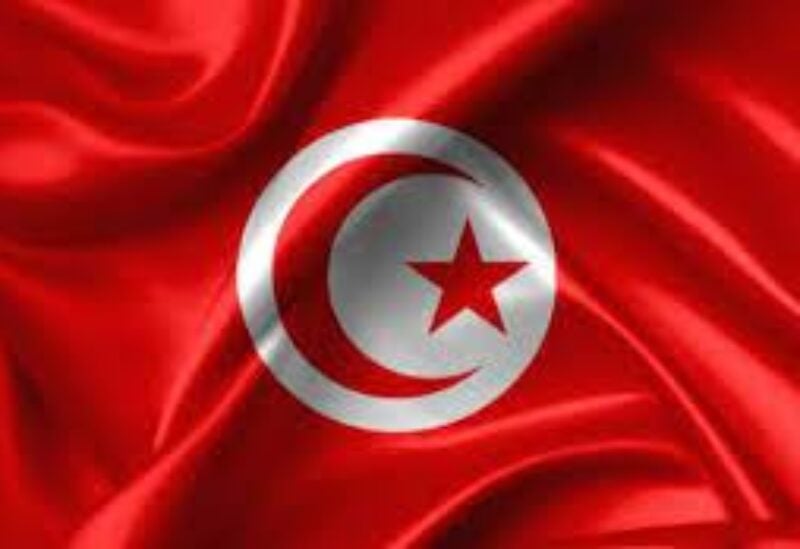
Tunisian flag
Tunisian public will be able to participate in the country’s first-ever online referendum on their political future starting January 15.
To express their opinions on six topics, including education, culture, elections and the economy, locals register on a special website called E-Istichara, or e-consultation, with their national identity number. They then receive an access code on their mobile phones and can take part in the survey.
The online referendum, which started a test phase in early January and which will run until March, is part of what Tunisian President Kais Saied has described as a roadmap towards constitutional change.
Last July, Saied froze the country’s parliament, dismissed the sitting prime minister and granted himself emergency powers. He said he had been forced to take control of the executive himself because of ongoing political stagnation and corruption, a decade after the revolution that saw Tunisian dictator, Zine el-Abidine Ben Ali, flee the country.
The power grab divided the country. Saied’s supporters say what he did was necessary to put an end to the political gridlock and economic impasse. Saied’s critics described his actions as a “constitutional coup,” arguing that he is a potential dictator endangering Tunisia’s nascent democracy.
As a result, “many people in Tunisia and abroad have called on [Saied] to produce a road map to return the country to democratic accountability,” Anthony Dworkin, a senior policy fellow at the European Council on Foreign Relations, or ECFR, wrote this week.
Saied’s roadmap, announced last month, includes a constitutional referendum to be held in July 2022. Tunisians would vote on a new draft constitution for Tunisia that was prepared by Saied and an expert committee he has selected. The draft would take into account the results of the online consultation.
At the end of this year an election is planned, with rules based on whatever electoral system the new constitution favors.
The idea of the online consultation has divided Tunisian opinion in the same way that Saied’s other plans for the country have. Even the website’s slogan —”your opinion, our decision” — could be seen as open to interpretation, locals said. Saied has already said he wants a presidential-style system with direct democracy at the regional level rather than a national parliament.
“It is a smart initiative,” Akram al-Shahed, an employee at a bank in the capital, Tunis, told DW. “He wants to treat everyone equally and does not privilege parties or elites. Regardless of the President’s political inclinations, we live in a digital world and everyone should adapt to that.”
“The problem is not in accepting or refusing online opinions,” Rahma al-Habbasi, an engineer working in communications technology in Tunis, said. “There are possible technical obstacles,” he continued, noting the differences in internet coverage and education.
Only around 66 percent of Tunisians have regular internet access. Earlier this month, Tunisia’s Ministry of Social Affairs announced that almost 18% of the population — or 2 million Tunisians — are illiterate.
All of this means that the consultation process cannot be truly inclusive, its critics say.
Additionally, IWatch, a corruption monitoring organization, and Transparency International’s Tunisian partner, condemned the lack of transparency on the website. Nobody knew who made it, how safe personal data was, or who came up with the questions in the referendum, the organization wrote.
“We believe the questions … will be an attempt by whoever prepared them, to direct the will of the people in advance and limit their right to self-determination,” IWatch said in a statement.
International organizations concerned with digital privacy and internet access, such as Access Now and Freedom House, have noted that, even if the consultation website applied Tunisia’s data protection laws, these are long outdated.
Senior members of the Afek Tounes party and the Ennahda movement, which had the most seats in Tunisia’s parliament until Saied’s one-man mission to rebuild the country’s political system began, also criticized the online consultation.
On his Facebook page, one of Saied’s most vociferous critics, Moncef Marzouki, interim president of Tunisia straight after the revolution between 2011 and 2014, told readers to “ignore them and their idiotic consultation.” Marzouki warned that the website was a fraud and would later be used to identify Tunisians who didn’t agree with Saied.
Marzouki himself was sentenced to four years in prison, in absentia, on December 22 for “undermining external state security.” The 76-year-old, who is known as a human rights activist, lives in Paris and said that his sentence was “political” because of his outspoken criticism of Saied’s recent actions.